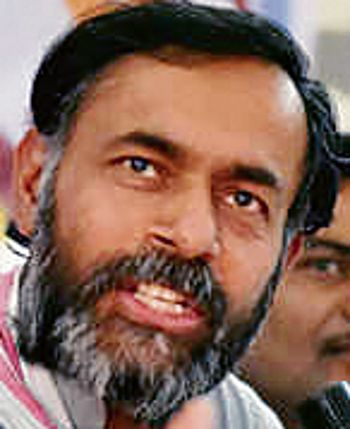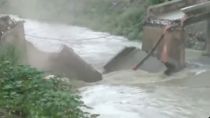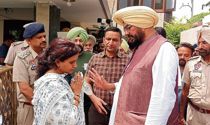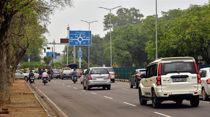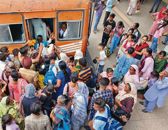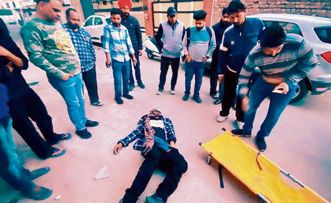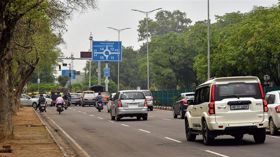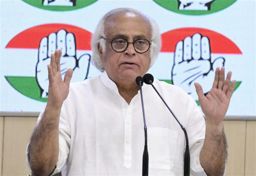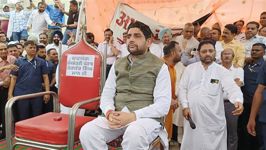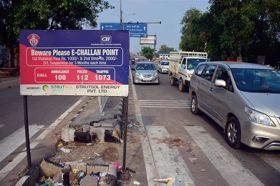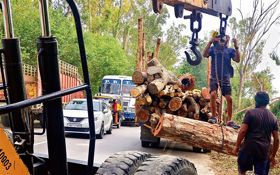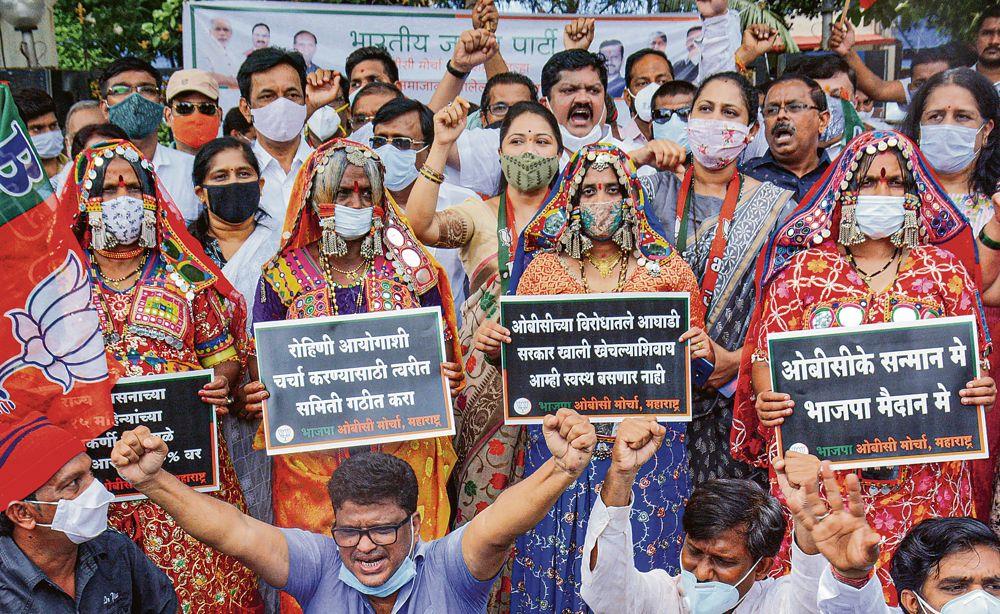
Stir path: Agitations for quotas may end with the enumeration of castes. PTI
Yogendra Yadav
Political activist with Swaraj India
There is something weird about the current debate on ‘caste census’. You can predict who stands where if you know their stand on reservations. Those who support caste-based reservations support caste enumeration in the census. Those who oppose caste quotas are opposed to caste census.
Come to think of it, isn’t it odd? Honest critics of caste-based reservations should support, indeed demand, gathering of robust caste-wise data on educational opportunities and economic conditions. If they genuinely believe that educational and job opportunities are spread evenly, or are based on economic class and not caste, they must welcome caste-wise enumeration in the census. For the census is not merely a counting exercise, it also generates data on the educational level, occupation, household assets and life expectancy for each group that it enumerates at each level that it recognises.
The obverse is equally true. The most vocal beneficiaries of caste-based reservations should have much to fear from caste enumeration. Census may provide solid evidence, missing so far, that some castes are rather privileged and do not deserve to be on the OBC (officially, the Socially and Educationally Backward Classes or SEBCs) list anymore. Indeed, the famous Indra Sawhney judgment of the Supreme Court had demanded that such evidence be collected every 10 years in order to screen out the privileged castes from the benefits of reservations.
Those who are neither for nor against reservations have a good reason to support caste enumeration. Such a data-set would put to rest street agitations about inclusion within OBC lists. So, if Jats or Marathas want to be included in the OBC list, they would just dip into census data and prove their ‘backwardness’. Or else, they would have to keep quiet. Over the years, this is precisely what the courts have demanded: Any reservation must be based on verifiable empirical evidence. What better evidence than the census?
Not to put too fine a point: It’s plain ridiculous that a country that runs such a large affirmative action programme based on caste has failed to collect data on educational and economic profile of castes. The arguments advanced against caste census are either ill-informed, illogical or ill-intentioned.
First, we are told that this would be a major reversal of our national policy, because India has never collected data on caste since 1931. This is simply not true. Since Independence, every census has collected and published jati or tribe-wise information for all communities that fall under Scheduled Castes and Scheduled Tribes. So, if you wish, you can find out for any district or block of the country, the total number of Balmikis, of those who are agricultural labourers, who own a two-wheeler, or have completed graduation. What we have not done since 1931 is a complete enumeration of all jatis.
The second objection is operational — that a caste census is impossible at this stage. It all depends on what you understand by caste census. If you mean OBC enumeration, on the same lines as the current practice of SC and ST enumeration, it should cause no operational difficulties. All it would take is an additional column in the census pro forma. The list of OBC jatis does exist at the national and the state level. For this purpose, the government could pick the Central list and carry out enumeration. A full caste census, including a jati-wise break-up of all ‘upper castes’, would pose some difficulties, since we don’t have an official list of all castes in the country. This would mean extensive post-census classificatory work and may cause some delay in the release of General Caste tables. But it is a common practice that some census tables are released five or seven years after the census is completed.
The third objection is that the caste census would lead to a clamour for higher quotas, and removal of the 50 per cent cap on reservations. It is possible that some enthusiasm for caste census also draws upon this false reasoning. It is fallacious since you don’t need a caste census to know that the number of OBCs is much higher than their 27 per cent quota in jobs and educational institutions. Just go back to the Mandal Commission report that estimated (erroneously over-estimated, in my view) the OBC share in the country’s population to be 52 per cent. The quota of 27 per cent was fixed as that was the maximum possible while respecting the 50 per cent cap; it has nothing to do with the population share. If the census count shows that the OBCs are around 45 per cent of the country’s population, it has no implications on their job quota. Even if it did, how can that be an argument against counting them?
Finally, we are told that this latest demand by the all-party delegation is politically motivated. That is, of course, true. But that does not invalidate the demand, just as the politically motivated demand for free Covid vaccination for all does not make it wrong. The demand for OBC enumeration has been endorsed by the National Commission on Backward Classes, the parliamentary committee on the welfare of OBCs, and in the past, by the Registrar General of Census. Besides, if the support for caste census is political, so is the opposition to it. If the BJP wants to go back on its support for caste census in 2010 and its Home Minister’s announcement of OBC census in 2018, the reasons are obviously political.
For someone like me, who has tracked and participated in debates about caste reservations for three decades now, there is a sense of deja vu about the current debate. It is the third decennial census where this question has come up. Every time, this legitimate demand gets presented as vote bank politics. And those who actually indulge in the insidious politics of protecting caste privileges manage to hide behind bureaucratic rationality and high-sounding rhetoric of nationalism.
The last two times, 2001 and 2011, the sabotage succeeded. Will it be different this time around? Will we, at least, have OBC enumeration? Or go for a full-fledged caste census? Or, will the demand for caste census be used again to deny even OBC enumeration?
Views are personal
Join Whatsapp Channel of The Tribune for latest updates.






